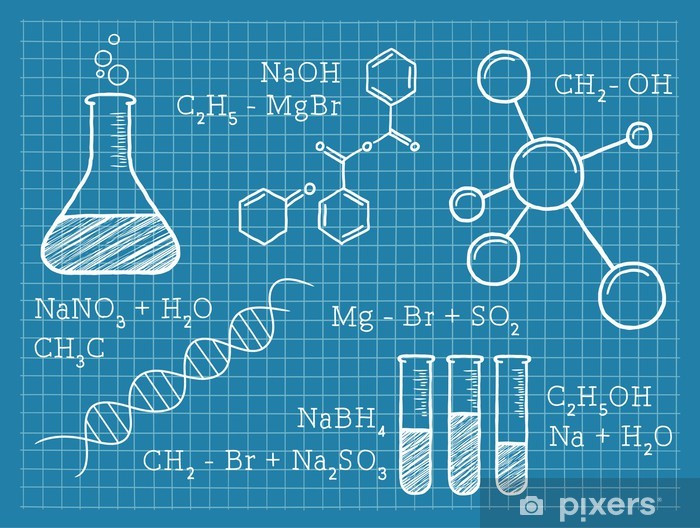AESA PROGRAMMES
- Building R&D Infrastructure
- Developing Excellence in Leadership, Training and Science in Africa (DELTAS Africa)
- Human Heredity and Health in Africa (H3Africa)
- Africa’s Scientific Priorities (ASP)
- Innovation & Entrepreneurship
- Grand Challenges Africa
- Grand Challenges Innovation Network
- Rising Research Leaders/Post-Docs
- AESA RISE Postdoctoral Fellowship Programme
- African Postdoctoral Training Initiative (APTI)
- Climate Impact Research Capacity and Leadership Enhancement (CIRCLE)
- Climate Research for Development (CR4D)
- Future Leaders – African Independent Research (FLAIR)
- Critical Gaps In Science
- Clinical Trials Community (CTC)
- Community & Public Engagement
- Mobility Schemes: Africa-India Mobility Fund
- Mobility Schemes: Science and Language Mobility Scheme Africa
- Research Management Programme in Africa (ReMPro Africa)
- Science Communication/Africa Science Desk (ASD)
- Financial Governance: Global Grant Community (GGC)
- AAS Open Research
- CARI Programmes
- Evidence Leaders Africa (ELA)

News
Centre of gravity for African research funding shifts closer to Africa

162
Centre of gravity for African research funding shifts closer to Africa
The Wellcome Trust is shifting the centre of gravity of its funding for African science from the UK to the continent itself by handing over two major research programmes to the African Academy of Sciences’ Alliance for Accelerating Excellence in Science in Africa (AAS-AESA).
The two programmes – DELTAS Africa and H3Africa - support cutting-edge research aimed at tackling some of Africa’s most pressing health challenges, including infectious diseases, mental health and emerging diseases such as obesity and diabetes. There is also a strong focus on training and supporting the next generation of African researchers and research leaders.
AESA, an initiative of the African Academy of Sciences and the New Partnership for Africa’s Development Agency, is an agenda-setting and funding platform established to address Africa’s science, technology, innovation and development challenges. It focuses on people, places, and programmes in Africa to accelerate world-class research, catalyse innovation and promote scientific excellence and leadership.
AESA is funded by the UK Department for International Development (DFID), the Bill & Melinda Gates Foundation and Wellcome, and is headquartered in Nairobi, Kenya. Over the last two years AESA has worked intensively with the support of the funders to develop robust and transparent grant management systems.
AESA will now manage both DELTAS and H3Africa programmes in partnership with the funders, leading on decision making for African science, technology and innovation supported through the schemes.
DELTAS Africa is a £60m research programme established to promote African-led development of research leaders and to support cutting-edge research aimed at tackling some of Africa’s most pressing health challenges. These challenges include infectious diseases, mental health and cross-cutting disciplines such as biostatistics. Eleven consortia have been funded with an even distribution across East, West and Southern Africa (including three awards led from Francophone Africa). It is funded by Wellcome and DFID.
H3Africa is a major genomics programme that was established in 2012 to apply cutting-edge genomics techniques to diseases that are a health burden in Africa. Wellcome has made a £9m grant to AESA to run a second phase of the programme in partnership with the US National Institutes of Health. AESA will release a call for proposals for this funding in January 2017.
The handover of DELTAS Africa and the award to manage a second phase of H3Africa represents an important milestone for AAS-AESA and a significant change in the way Africa interacts with international funders.
Dr Jeremy Farrar, Director of Wellcome, said: “Wellcome has a long history of investing in world-class health research in Africa. But ultimately, the biggest improvements in health will be met through research that is Africa-led and locally relevant. We’re delighted that AESA will now take the lead in shaping a world-class research agenda driven by the next generation of African research leaders.”
AESA Director Dr Tom Kariuki said the handover was a vote of confidence for AESA and African institutions’ grant management capacities.
“This represents a new era in defining partnerships between Africa and global organisations and furthers the momentum we are building for an Africa-led science and research agenda to transform this continent's future,” said Dr Kariuki. "It's another step forward in our efforts to improve our research infrastructure, enhance our management and administration capabilities, expand our pool of world-class researchers and inspire African governments to increase R&D funding.”
Dr Alphonsus Neba, the Programme Manager for DELTAS Africa, said, “We are grateful to our partners at the Wellcome Trust for their commitment to shifting the centre of gravity to Africa. With this shift, funding decisions on Africa will be made in Nairobi, not London, and will help to not only ensure that science for Africa is led by Africa's researchers but also that it remains relevant to the needs of Africa.”